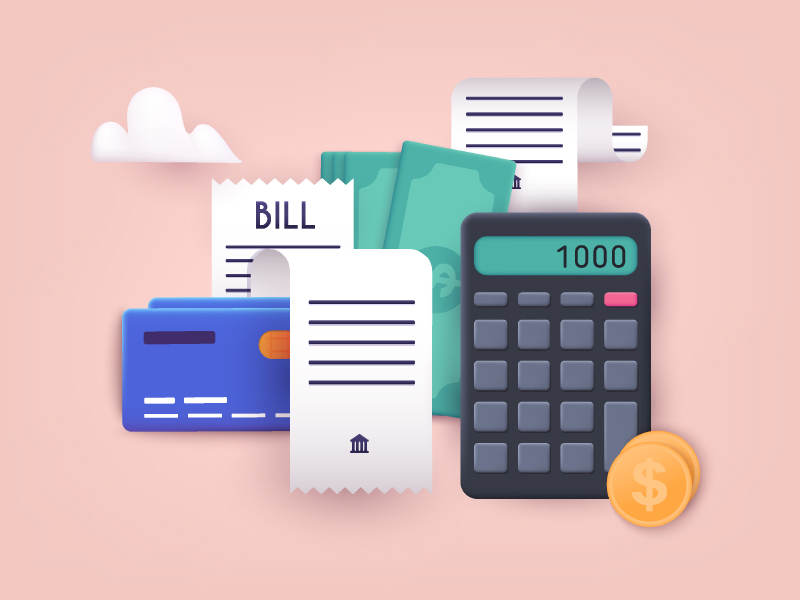Beware of Online Scams
Stay vigilant and protect yourself by recognizing the signs of common online scams.

Online Purchase Deceptions
Beware of vehicle purchase scams where con artists pose as legitimate sellers. While platforms like eBay have their own security measures, it's vital to always use their official payment channels. Fake transaction emails from "eBay" asking for Bitcoin should raise alarms. Before any transaction, ensure the authenticity by contacting eBay directly.

Stay Alert on Accommodation Platforms
If you're using platforms like Airbnb, be wary of hosts asking for Bitcoin payments outside of the official site. Remember, Airbnb doesn't transact in Bitcoin. Reach out to Airbnb's support line for any uncertainties.

Bogus Tax Collection Attempts
Scammers might reach out pretending to be from the IRS, threatening legal action and demanding Bitcoin or other alternate payments. Remember, official agencies will never request Bitcoin or threaten you over phone or email.

Overseas Business Schemes
Be cautious of offers to represent foreign businesses by opening domestic bank accounts for them. These are often covers for illegal money laundering. Always avoid such proposals and report them to the authorities.

Digital Romance Frauds
Emotionally manipulative scams may involve someone pretending to be romantically interested, only to later ask for financial help due to a fabricated emergency. Stay alert and verify the authenticity of such relationships.

Rental Hoaxes
Be skeptical of requests for Bitcoin down payments for rentals, especially if the legitimacy of the property or the authority of the renter is in question. Always do due diligence before transacting.

Employment Cons
Watch out for so-called job agencies or employers demanding Bitcoin payments for services or materials. Genuine agencies make their income through commissions, not upfront fees.

Predators Targeting Seniors
Those above 55 should be especially cautious of scams exploiting emotions, like fake romantic interests, to con seniors out of money. Always use online platforms for their intended purposes and avoid acting on others' behalf.

Money Movement Scams
Never entertain unsolicited requests to help transfer money, especially if it involves depositing checks and returning funds via Bitcoin. Such tactics often aim to leave you out of pocket while the scammer disappears.

Deceptive Prize Draws
If a prize seems too good to be true, it probably is. Scammers often use fake giveaways to extract personal information, which they can later misuse. Always verify the legitimacy of such offers before sharing any details.
